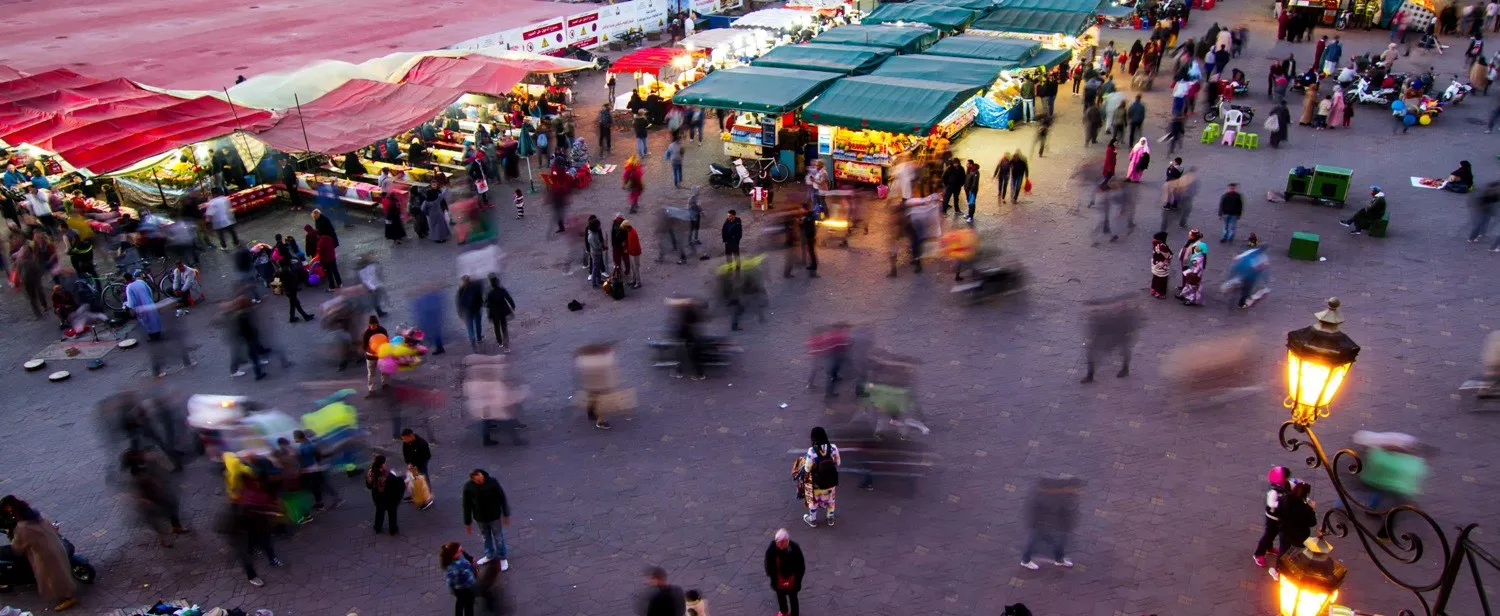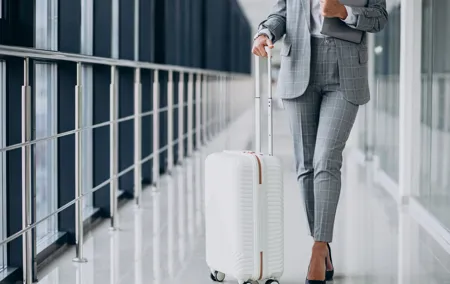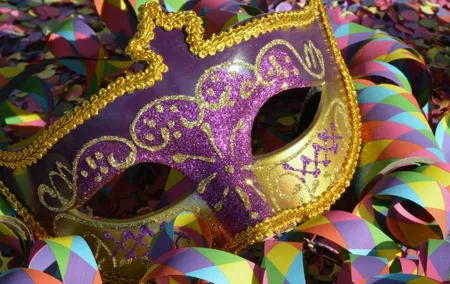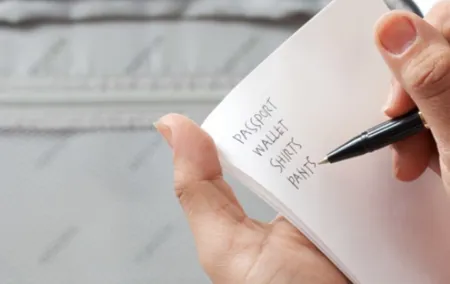When getting ready for a vacation or a trip, we remember to pack our suitcase in advance, making sure we don't forget anything, to take care of documents and tickets, and to plan our itinerary so we can see all the interesting sights. However, we hardly ever think about the unpleasant situations that could happen to us in a new city and how to protect ourselves from such incidents.
A large crowd, excitement, many foreigners, and people visiting the city for the first time create an ideal environment that attracts scammers and other criminal elements like bees to honey. This kind of scene is common in tourist-friendly cities, especially near the attractions of Paris, Rome, London, and other world capitals. The concentration of petty pickpockets and scammers in these areas is extremely high. We will show you how to stay safe on your trip and share useful tips and life hacks related to tourist fraud.
Street Dangers
If there were glasses that could highlight dishonest people and scammers in red, any central square would look like a red cloth in the hands of a matador. Indeed, tourist spots are teeming with swindlers. First and foremost, beware of petty pickpockets. They typically operate at fairs, in lines to attractions, and in public transportation. The only way to protect yourself from pickpockets is to be more vigilant and keep an eye on your belongings. Especially valuable items (phone, money, documents, etc.) are best kept in the inner pocket of your jacket or coat, if you have one.
Do not take items you do not intend to buy, and do not agree to random services. Tourists often fall for the tricks of street vendors who approach and hand them a bouquet of flowers or tie a handmade bracelet on their wrist. Tourists often feel uncomfortable refusing these sellers, agreeing to purchase items only to be charged several times the actual value of the souvenir.
Shoe shiners in Istanbul often use a clever trick. They "accidentally" drop a shoe brush, and when you pick it up and return it to the owner, the shoe shiner, out of gratitude, offers to clean your shoes. In the end, the cleaner will ask you for money for a service you did not need. In Egypt and other Arab countries, someone might offer to "help" tie a traditional headscarf-a turban-on your head, only to ask for a few dollars afterward.
In Spain, a scam involving a camera is popular. A scammer pretends to be a lone tourist and asks you to take a picture of them with a landmark in the background. As soon as you try to focus, the scammer runs away, and the "real" owner of the camera and a "policeman" appear, accusing you of theft and demanding a bribe to "settle the matter." To get out of such a situation, don't be afraid to threaten the scammers with real police and act confidently. Even better, do not take other people's belongings in your hands.
On the touristic streets of European capitals, you will find games where the tourist always loses. If you don't want to lose a few dozen euros, ignore the street promoters who invite you to play shells or similar games.
The main advice is always to be on your guard. Any street fight, commotion, or confusion-someone "accidentally" drops a wallet, someone "slips"-all of this can be a premeditated act to distract you so that your bag, wallet, or phone can be easily stolen.
Also, be careful when choosing a taxi. Often, taxis you hail on the street turn out to be dishonest drivers who take advantage of the fact that the tourist does not know the city. As a result, a five-minute ride can turn into a twenty-minute journey with a high fare on the meter. To avoid such scams, ask the hotel to call a taxi for you or get the numbers of reputable taxi services in advance in the city you'll be visiting.
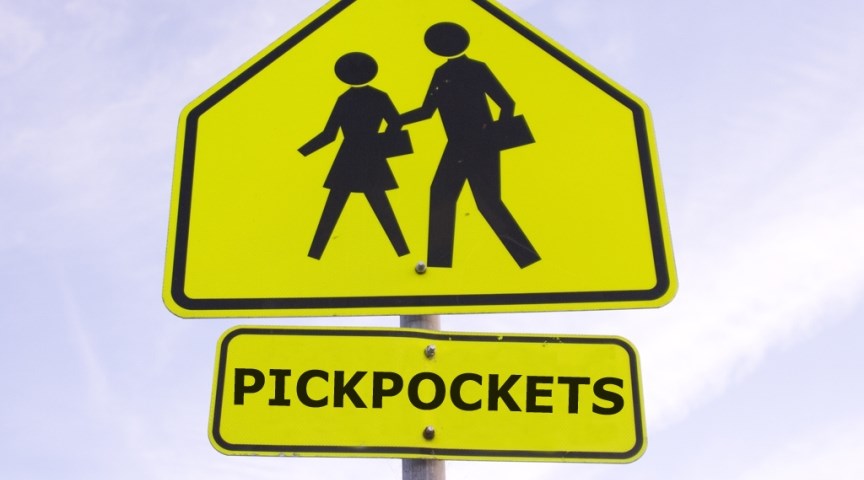
flickr / Lady Tracy o' the Disk
Restaurant Scams
Restaurants and cafes are favorite spots for scammers, as hungry travelers after long tours forget about everything when they enter the realm of delicious food. So how do they scam tourists in restaurants?
Most often, scammers swap menus. In cities popular with Russian-speaking tourists, restaurants often have several menus-one for locals (in the local language) and another for Russian-speaking guests (in Russian). Naturally, the prices will differ significantly.
However, at least you will know the exact price. Sometimes waiters bring a menu with one set of prices and then charge a much higher amount on the bill. If the tourist notices the discrepancy and asks to see the menu again, they bring a fake one with prices matching those on the bill. To avoid such tricks, photograph the menu when ordering or ask to keep it until payment. Such scams are common in tourist restaurants in Prague and other European cities with a high tourist turnover.
Another form of restaurant scam involves "free" snacks on the tables. If you arrive at a cafe and see nuts, bread, olives, butter, and other add-ons or snacks, ask if they are free and how much they cost.
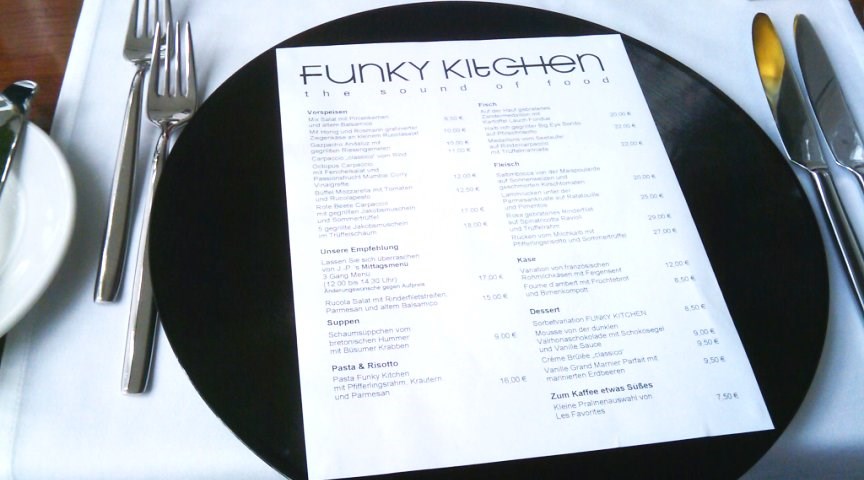
flickr / Timo Heuer
Store Scams
Shopping is essential during vacations, but remember that scammers can also wait for you behind the counter. Don't let a cashier fiddle with your credit card for too long. They might stall on purpose, pretending to solve a problem while recording your card information for later use. Also, some checkout clerks may be deliberately slow, betting that a hurried customer won't wait for their change.
In tourist cities, don't follow unsolicited advice from strangers. In Asian countries, scammers often put on a show to lure you into a store selling overpriced and low-quality goods. The typical targets are jewelry shops or boutiques with expensive local items, which they claim can only be bought at a significant discount there.
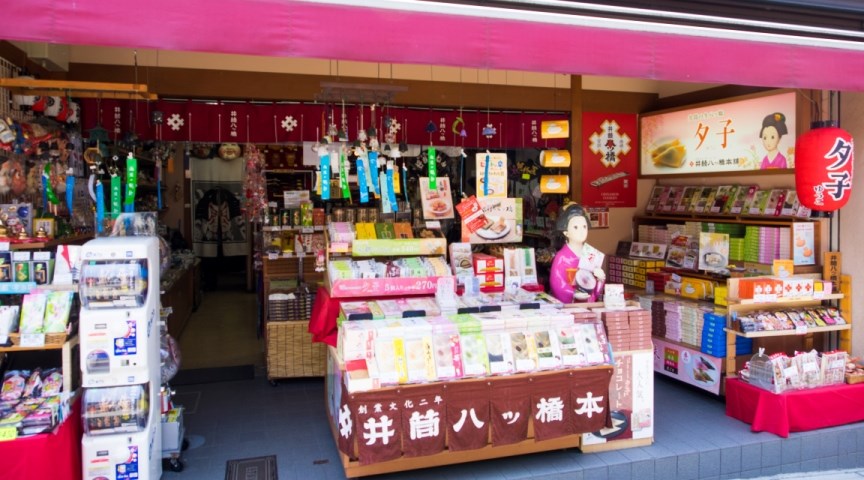
flickr / Marion U-D
